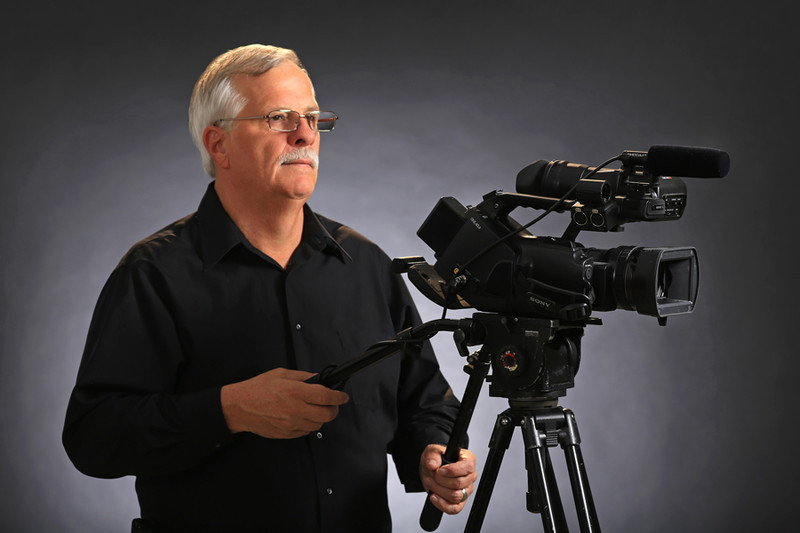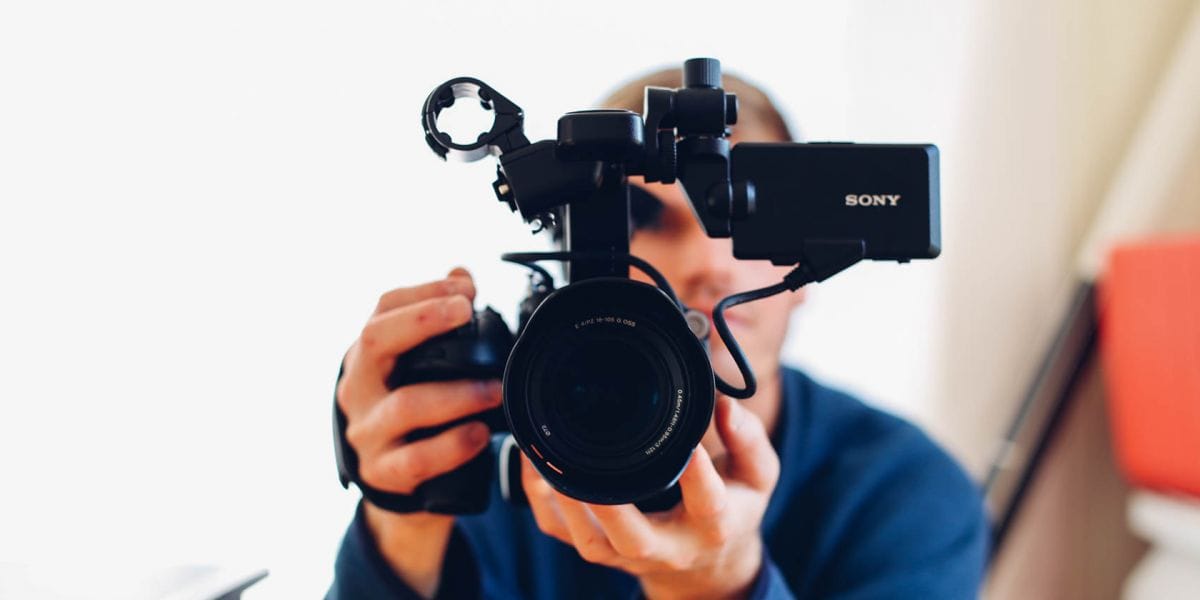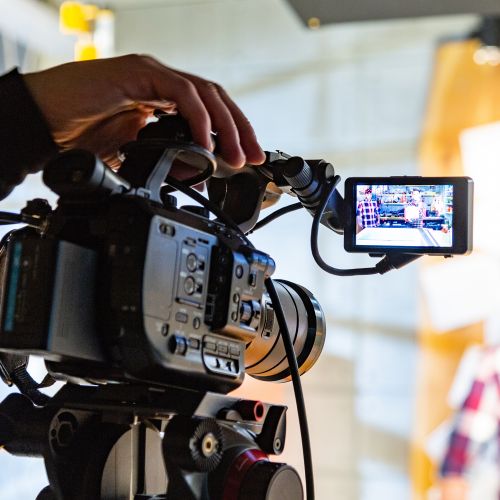The Role of Legal Videography in Depositions and Trials
Legal videography has actually become an essential device in both depositions and trials, giving a diverse technique to recording witness testimonies. By capturing not just the spoken word but likewise the nuances of non-verbal communication, this medium enhances the credibility of testaments and protects crucial evidence for future procedures. As lawyers increasingly acknowledge its value, it prompts a much deeper examination of how these visual documents can affect juror perceptions and trial end results. What ramifications might these developments hold for the future of lawful method?
Value of Legal Videography
Legal videography plays an essential duty in the documents and discussion of depositions and trials. This specific field combines technological skills with legal understanding to produce a dependable record of process that can substantially influence situation results. The visual facet of lawful videography enhances the understanding of witness testament, allowing jurors and courts to observe not just the spoken words yet likewise the behavior, emotions, and body language of the witnesses.

The significance of lawful videography extends past the court; it likewise plays a crucial duty in maintaining evidence for future reference, whether for appeals or additional lawsuit. Therefore, its assimilation into the legal process is crucial for guaranteeing a fair and exact representation of the realities, inevitably adding to the search of justice.

Refine of Legal Videography
While recording the nuances of depositions and tests, the procedure of lawful videography includes a number of important actions that make certain high-grade, precise recordings. Initially, a specialist legal videographer prepares by evaluating the situation products and understanding the particular needs of the deposition or test. This prep work consists of familiarizing themselves with the participants and the context, which aids in recording essential details.
On the day of the recording, the videographer sets up the required tools, which generally consists of high-def cameras, microphones, and correct lights. Ensuring optimal angles and sound high quality is essential, as it straight influences the effectiveness of the recording. The videographer connects with attorneys and individuals to develop protocols, ensuring that everyone understands the recording process.
Throughout the deposition or test, the videographer diligently videotapes the process, paying close attention to both verbal and non-verbal hints. legal videography. This includes catching the temperament and reactions of witnesses and attorneys. After the session wraps up, the videographer may modify the video for clearness and compliance with lawful requirements, producing a last product that accurately shows the procedures for future referral and usage in lawful contexts
Benefits in Depositions
The incorporation of videography in depositions offers countless advantages that enhance the overall process of collecting evidence. One key advantage is the capacity to catch witness statements with visual and acoustic integrity, offering a more accurate representation of the witness's behavior, tone, and body language. This multidimensional approach enables lawyers and courts to examine credibility much more efficiently than traditional written records alone.
Additionally, videographed depositions offer as a powerful tool for protecting statement. Must a witness ended up being not available for trial, their taped deposition can be played in court, making certain that their evidence continues to be available and pertinent. This aspect substantially lowers the risk of losing crucial details that can affect situation outcomes.
In addition, the use of legal videography promotes much better prep work for attorneys. Evaluating video footage enables legal teams to examine and refine their methods, recognizing toughness and weaknesses in their instances. This primary advantage can result in even more site here engaging discussions in court.
Finally, videography enhances the general professionalism and trust of the deposition procedure, instilling self-confidence in clients pertaining to the thoroughness of their legal representation. By leveraging innovation, lawful specialists can dramatically enhance the efficiency of depositions.
Influence On Trials
In many trials, the assimilation of videography can substantially affect the discussion of proof and the jury's perception. Lawful videography captures witness testimonies and critical proof in a vibrant style, enabling jurors to involve with the material on several degrees. This visual component improves the narration element of a trial, offering context and psychological vibration that standard text-based evidence might do not have.
Moreover, video recordings can act as effective tools for impeachment throughout cross-examination. When discrepancies arise in between a witness's previous declarations and their courtroom statement, video clip evidence offers an objective referral that can guide jurors' viewpoints. This immediacy and quality can bolster the trustworthiness of a party's story while all at once weakening opposing debates.
In addition, making use of videography can help streamline intricate info, making it extra obtainable to jurors who might have a hard time to grasp detailed information presented only via spoken testament. By incorporating visuals with auditory info, legal videography can boost retention and understanding, ultimately affecting the jury's decision-making procedure. The influence of videography in trials prolongs beyond mere aesthetics; it plays a critical role in forming the lawful landscape and end results.
Future Trends in Legal Videography
As we look towards the future of legal videography, a number of arising trends assure to improve its function within the courtroom. One significant fad is the combination of expert system (AI) in video clip analysis and editing - legal videography. AI can streamline the procedure of determining key minutes in recorded depositions, enabling lawyers to rapidly access relevant material, consequently enhancing effectiveness in situation prep work
In addition, the surge of virtual reality (VR) and augmented fact (AR) innovations is anticipated to transform how jurors experience proof. By immersing jurors in a substitute environment, these technologies can offer a much more profound understanding of intricate situations, leading to more educated deliberations.

In addition, the raising need for remote depositions, sped up by the COVID-19 pandemic, will likely continue. Legal videographers will need to adapt to new software application and platforms to ensure top quality recordings in virtual setups.
Last but not least, the expanding emphasis on data security will certainly require stricter protocols for storing and sharing video clip proof. As the legal landscape develops, legal videographers must remain abreast of these trends to preserve their importance and efficiency in the judicial process.

Verdict
In summary, Discover More lawful videography offers a crucial function in the judicial procedure, boosting the integrity of click for source depositions and trials. As innovation proceeds to advance, lawful videography is positioned to further transform its duty within the lawful landscape.
Comments on “Advanced Legal Videography for Mediations.”